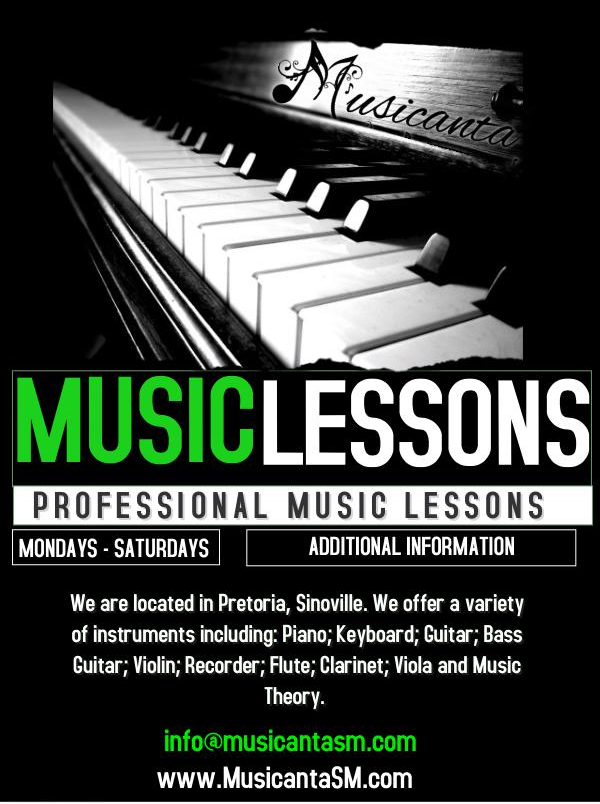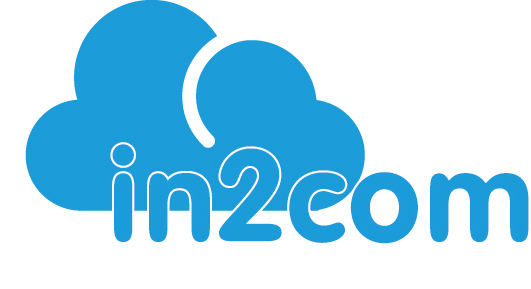How Reliable Are Online Disc Tests? Understanding Accuracy and Validity
In today’s fast-paced digital world, online personality assessments have gained immense popularity. Among them, the DISC test stands out as a go-to tool for understanding individual behavior and communication styles. But how reliable are these tests when taken through a screen? Can we truly trust the results generated by algorithms and questionnaires? As more people seek to understand themselves better or improve workplace dynamics, it’s crucial to dive deep into what makes these online disc tests tick. Are they accurate reflections of our personalities? Do they hold any real value in personal development or team building? Let’s unravel the layers surrounding accuracy and validity in online disc tests to uncover their true potential and limitations.
Accuracy vs Validity: What’s the Difference?
Accuracy and validity are often used interchangeably, but they hold distinct meanings, especially in the realm of assessments like online disc tests. Accuracy refers to how well a test measures what it claims to measure. It’s about correctness and how often the results align with reality. If you take a personality test and receive a result that resonates with your true self, that’s accurate. Validity dives deeper into whether the test actually measures what it intends to assess. A valid assessment should predict behavior or outcomes based on its results. For instance, if an online disc test is designed to evaluate teamwork skills but fails to connect those traits effectively, its validity comes into question.
Factors That Influence Accuracy and Validity of Online Disc Tests

The accuracy and validity of online DISC tests hinge on several key factors. First, the quality of the assessment itself plays a crucial role. Well-designed tests with robust research backing tend to yield more reliable results. User engagement is another significant factor. If participants rush through questions or answers without thought, their responses may not reflect true personality traits. Context also matters. The environment in which someone takes the test can influence outcomes. A noisy space may distract users, affecting their concentration and honesty.
Pros and Cons of Using Online Disc Tests
Online disc tests offer convenience and accessibility. You can take them anytime, anywhere, using just your device. This flexibility appeals to busy individuals looking for quick insights into their personality. However, there are limitations. The lack of face-to-face interaction may lead to misunderstandings or misinterpretations of questions. Context is crucial, and without it, responses can be skewed. Moreover, results from online tests often lack depth. They might provide a general overview but miss the nuances that come with more comprehensive assessments performed by professionals.
How to Ensure Reliability in Online Disc Tests

To ensure reliability in online disc tests, start by choosing well-established platforms. Look for those that have undergone rigorous scientific validation. Their methodologies should be transparent and backed by research. Check user reviews and testimonials. Real experiences can provide insights into the test’s effectiveness and accuracy. A strong community around a specific tool often indicates its credibility. Consider how frequently the test is updated to reflect current psychological standards. Tools that evolve tend to offer more reliable results over time.
When it comes to understanding personality traits, relying solely on online disc tests may not provide the complete picture. While these assessments can offer insights into your behavioral tendencies and work styles, their accuracy and validity can vary significantly. Using multiple sources for assessment allows you to cross-reference results and gain a deeper understanding of yourself or others. This approach helps mitigate potential biases inherent in any single test method. Consider combining online disc tests with trusted psychological evaluations or engaging discussions with professionals who specialize in personality assessments.
…




